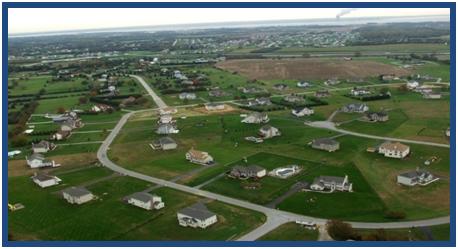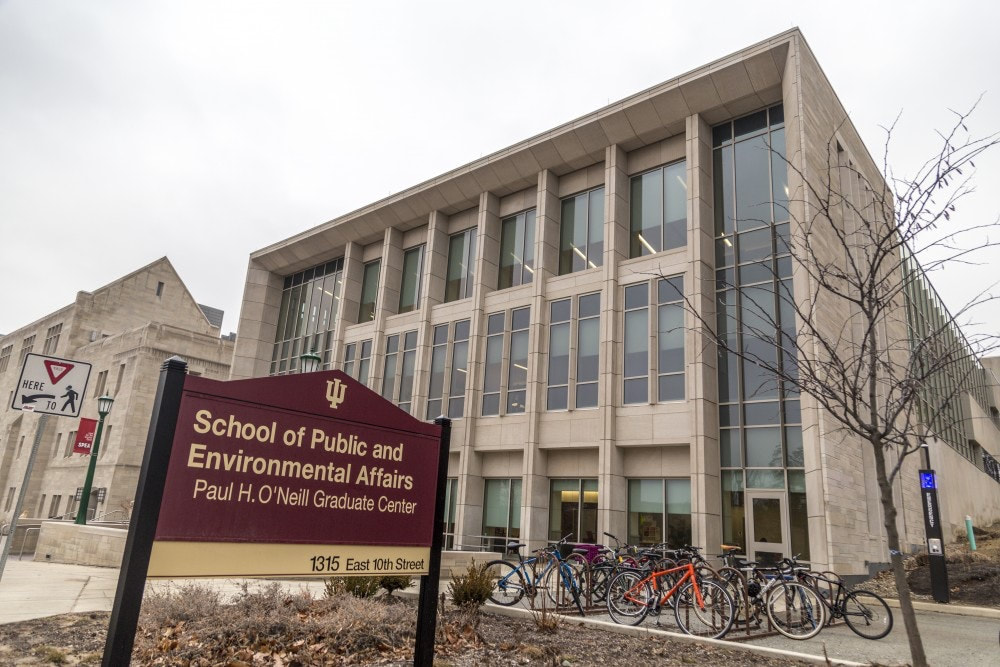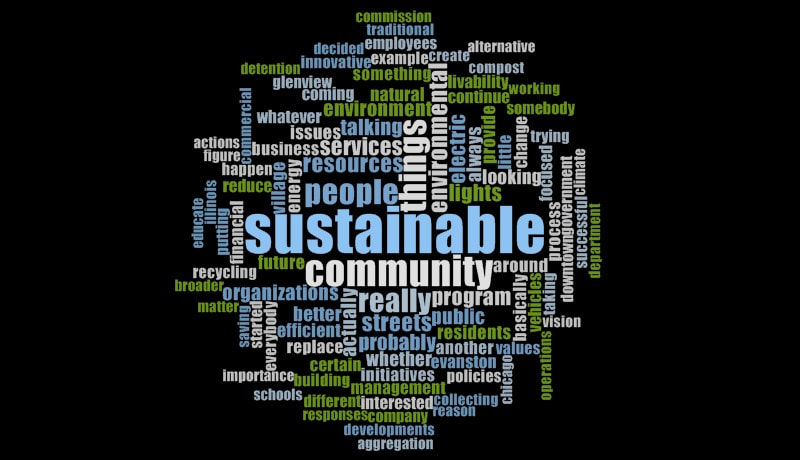|
Urban sustainability has become a booming subject of local government and business interest, particularly with the United States moving away from playing a leadership role in major issues like climate change. Cities have been quick to pounce on the decision by President Trump's administration to withdraw from the 2015 Paris climate agreement. Dozens of cities and states have announced their intent to sign onto the Paris accord in order to help the U.S. meet its pledge to reduce greenhouse gas emissions 26% below 2005 levels by 2025. So, can cities pick up the slack? One problem with this post-Paris notion is that cities are just as able and willing (if not more so) to make symbolic policy commitments as a state or national government. In a new study I published with William Swann, we examined managerial activities in the ‘nexus’ of policy and management to help explain the tactics local governments use to pursue policy commitments to sustainability. Sustainable development is an ideal context to study the linkages between policy and management. With the accelerating expansion of urban boundaries in recent decades, the societal response to urban sprawl, deforestation, natural resource depletion, and greenhouse gas (GHG) emissions is a pressing concern for public administration and local governance. Cities are detailing ‘smart growth’ and ‘new urbanism’ comprehensive planning goals to combat urban sprawl. But beyond the buzz, how do these land use policy actions set by elected officials influence managerial strategies? Drawing data from a 2015 survey of Florida local governments’ sustainable land use and smart growth experiences, we employ a novel Bayesian item response theory (IRT) approach to test how internal and external organizational capacities, municipal leadership turnover, and regulatory and environmental complexity affect cities’ strategic activities for pursuing smart growth. We find evidence that political capacity and the organizational task environment influence strategies, but not in the monolithic fashion often depicted in the literature; land use policy comprehensiveness influences some smart growth strategies; and leadership turnover presents both challenges and opportunities for the strategic management of smart growth.
1 Comment
|
AuthorI work as an Assistant Professor at the O'Neill School of Public and Environmental Affairs at Indiana University Bloomington. There, I direct the MGMT Lab. Archives
January 2023
Categories |



 RSS Feed
RSS Feed
